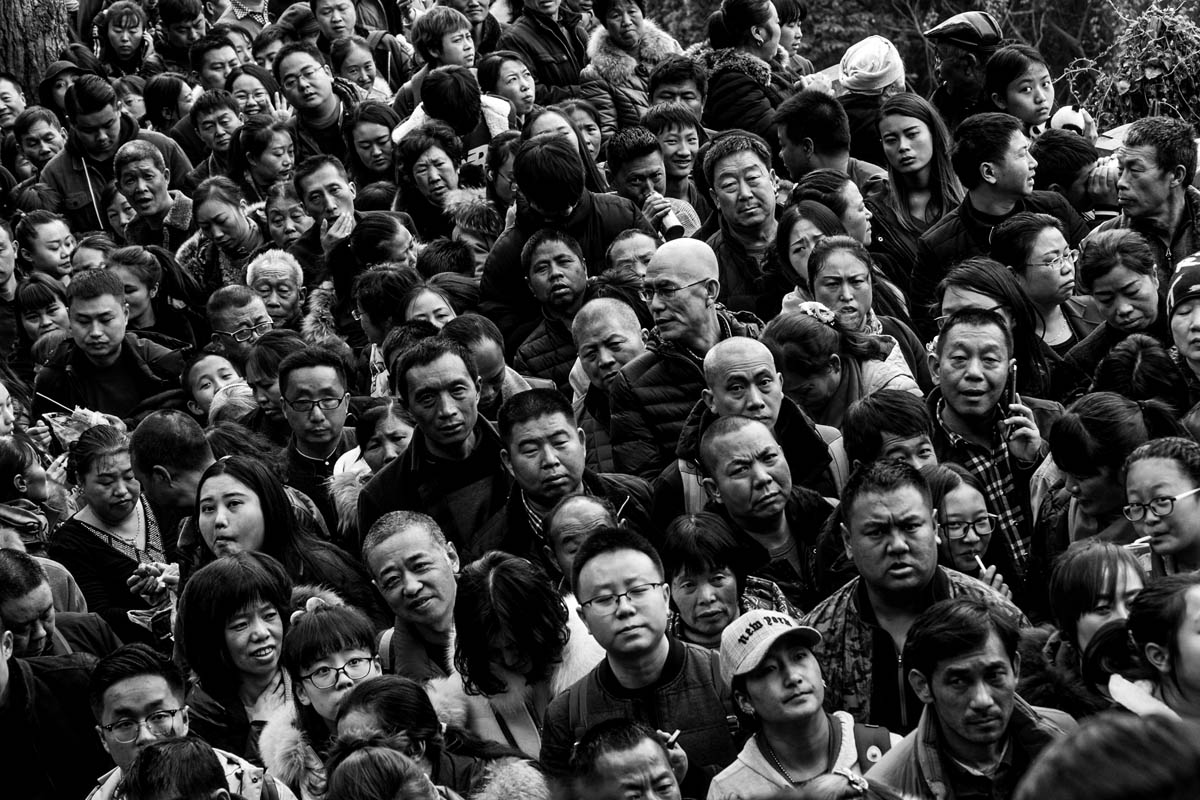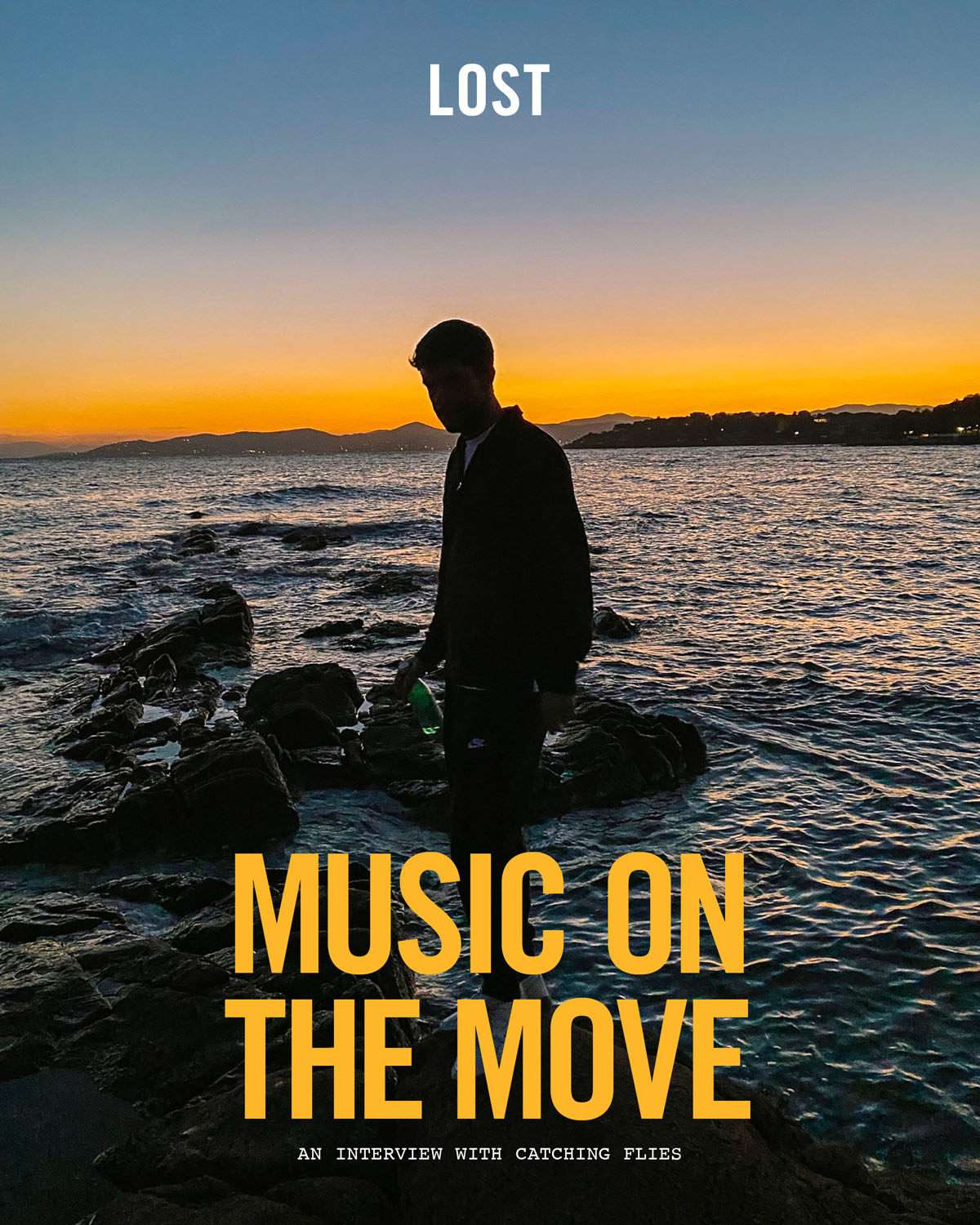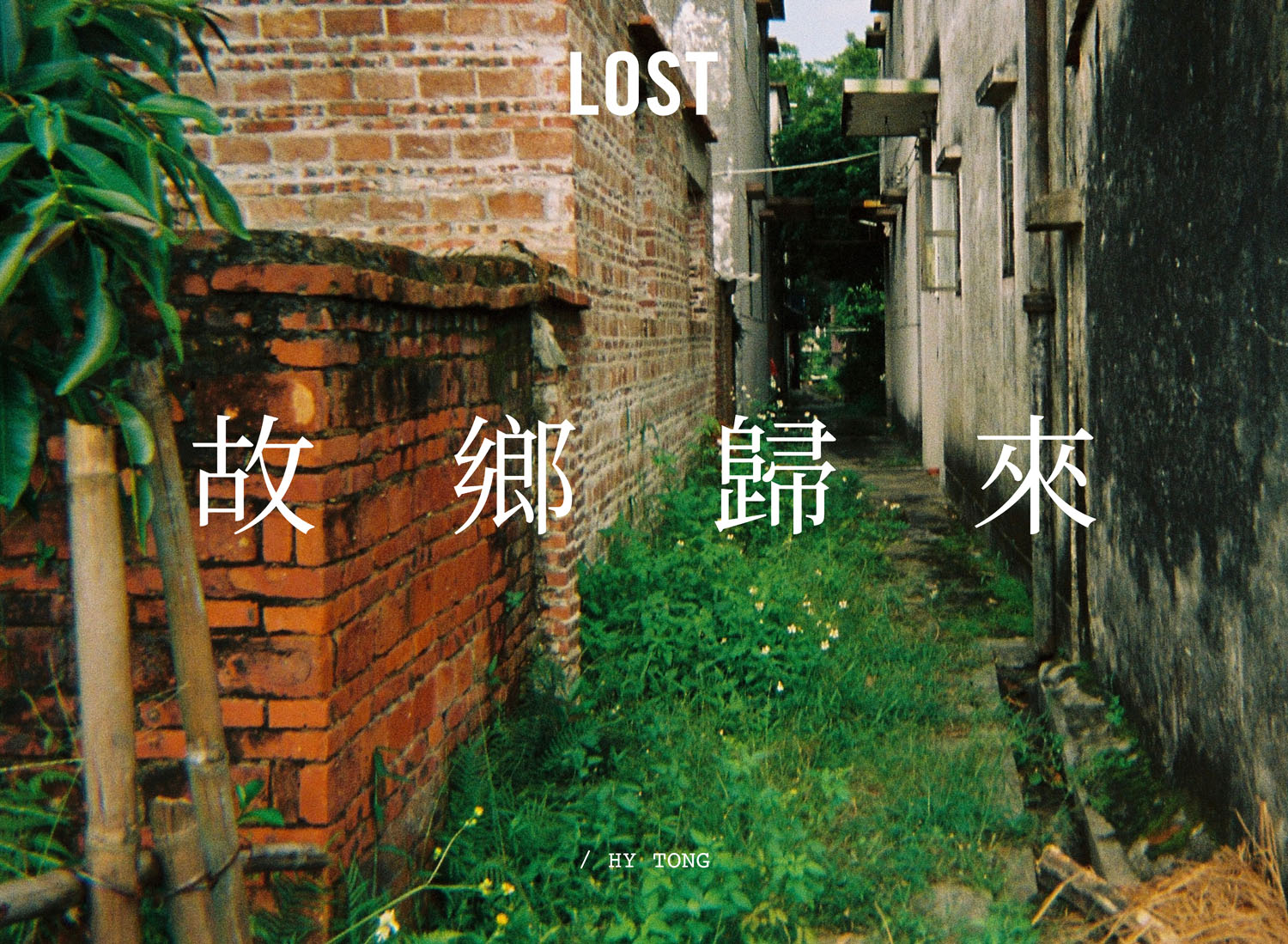BY RYAN CONOHAN
For two weeks out of the year, China becomes the busiest place on Earth for travel. Millions of Chinese families return back home to pay respects to their ancestors, exchange red pocket money (红包), and paint the sky with fireworks. I continue to be moved each time I see a close friend reunite with their family during this period. Growing up, I never felt this longing for home, because home was always a short drive away. On the surface, China seems quite different from my hometown of Madison, Wisconsin, USA. However, I can’t help but find connections within Chinese traditions that bring back memories of home: meals which I miss, gifts too generously given, and those silly games we always play that make the whole family laugh with joy.
Besides its many traditions, Chinese New Year always offers enough time to the adventurous type to travel to new destinations. There was one experience in Sichuan I’ll never forget. I just spent one week with my friend John in a rural area outside of Guangyuan. Traveling to rural China often feels like going back in time: farm-homes made of clay and straw, oxen-pulled wagons, and wise-looking men smoking long pipes. As someone who grew up living near the countryside, nothing looks quite right, yet familiarities loom in the air: the smell of fresh grass, manure, and all the friendly faces that shoot a smile my way; all things that give me flashes of life back home.
On my last day in Guangyuan with my buddy John (a Guangyuan native), bought me a tasty bowl of the local specialty liangmian 凉面 as a going-away present. I was off to my last destination in Sichuan Province, Leshan. Even before arriving to China, I’d always dreamt of gazing up at the 233ft Leshan Giant Stone Buddha Statue. Arriving at Leshan City was normal, however, arriving at the gate of the Giant Buddha was anything but.
A two-hour wait to get inside and another five hours to get to the foot of the giant statue—it was complete chaos. Tourist were crammed together like cattle against metal barriers. I had come to see the Giant Buddha, but saw nothing but a sea of people. My hopes of getting a good view of the mammoth Buddha were broken.
However, with a camera in my hand, the photographer in me said that the story of this day was not about the Buddha. My instincts told me to turn my lens away from the Buddha and toward the heads of the crowd. Each face in this sea of people was distinct from another. Their unique facial expressions came in different shapes and sizes. People in American often joke that “all Chinese people look alike”, however when I look deeply into the eyes of these hundred little faces, it is nothing like that at all.
Back in Shanghai, I frequently look at the photos that were taken at Leshan. I often discover new faces in the crowd and ones that resemble the faces of people I’ve met along my journey in China.
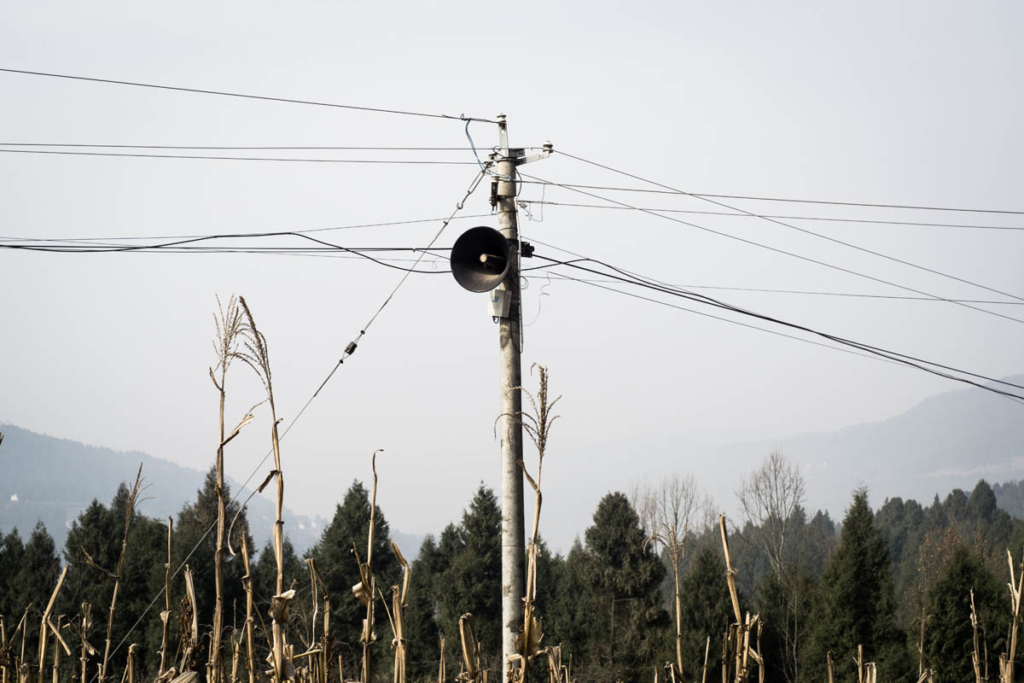
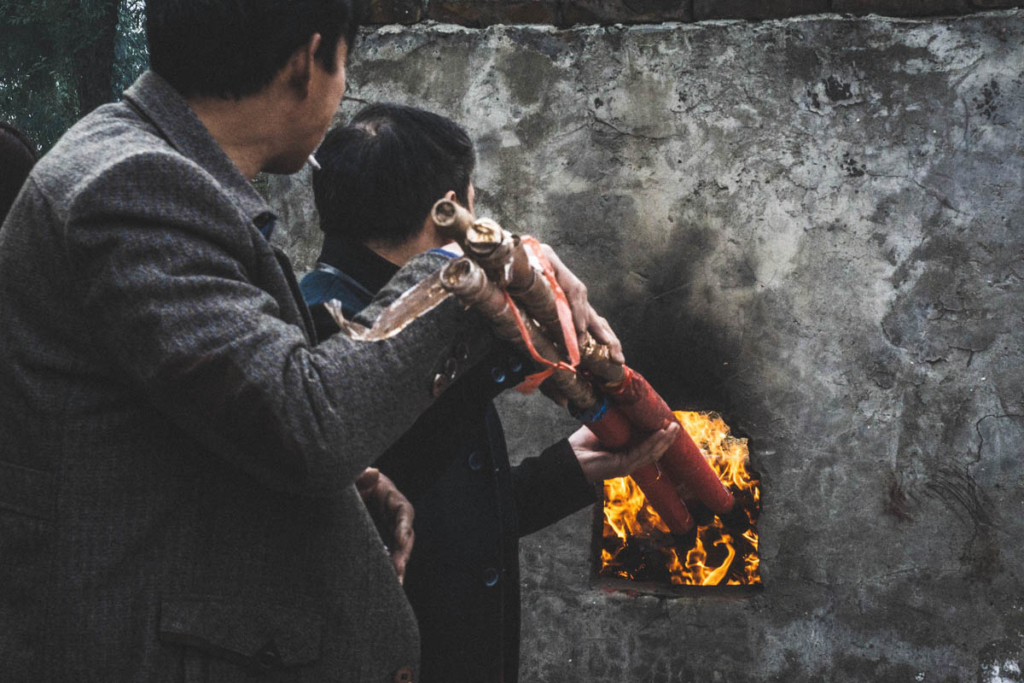
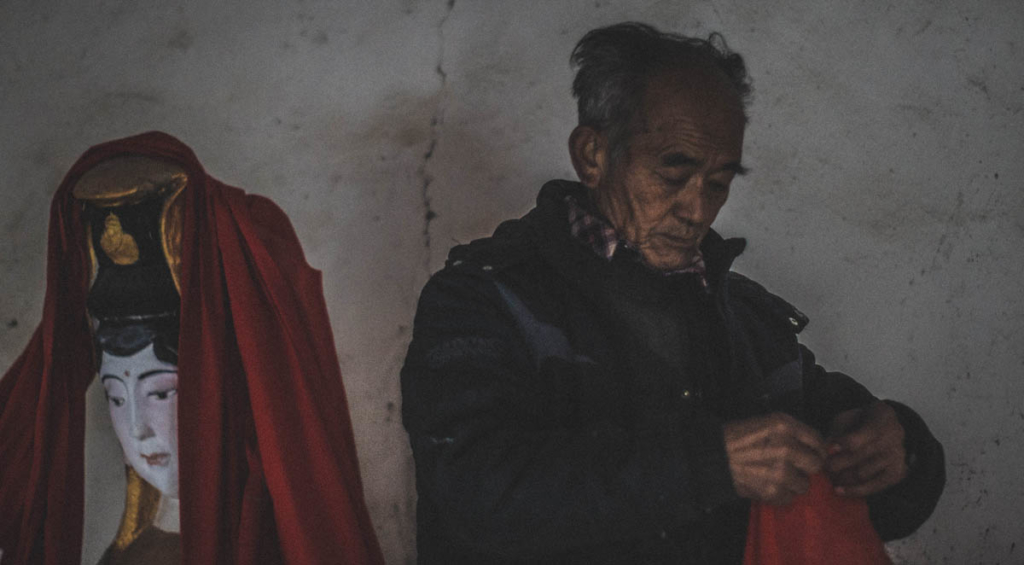
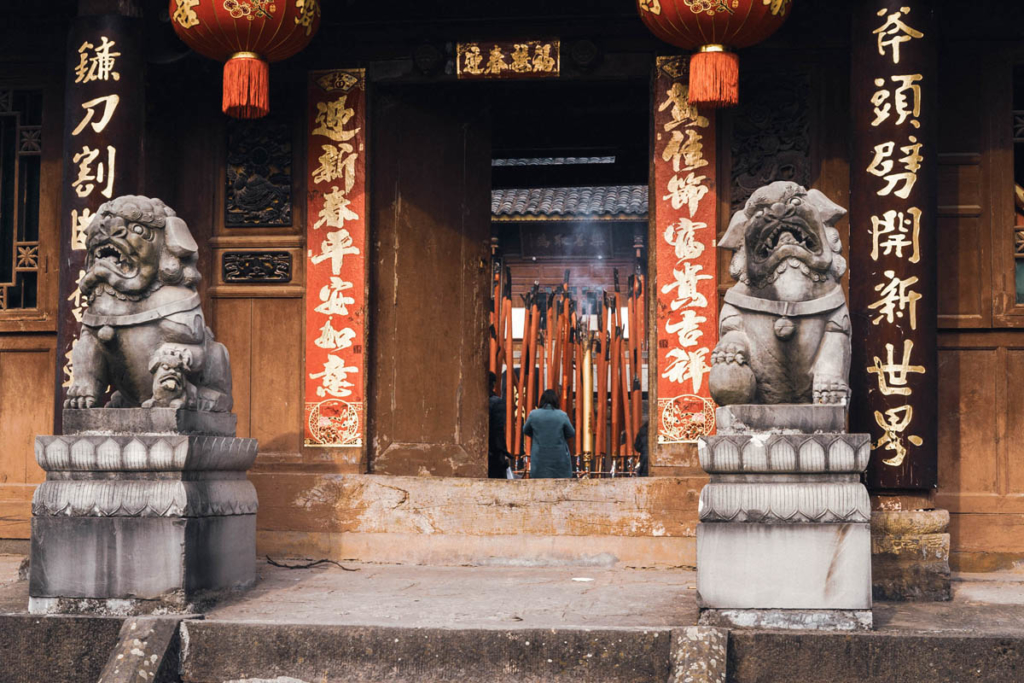
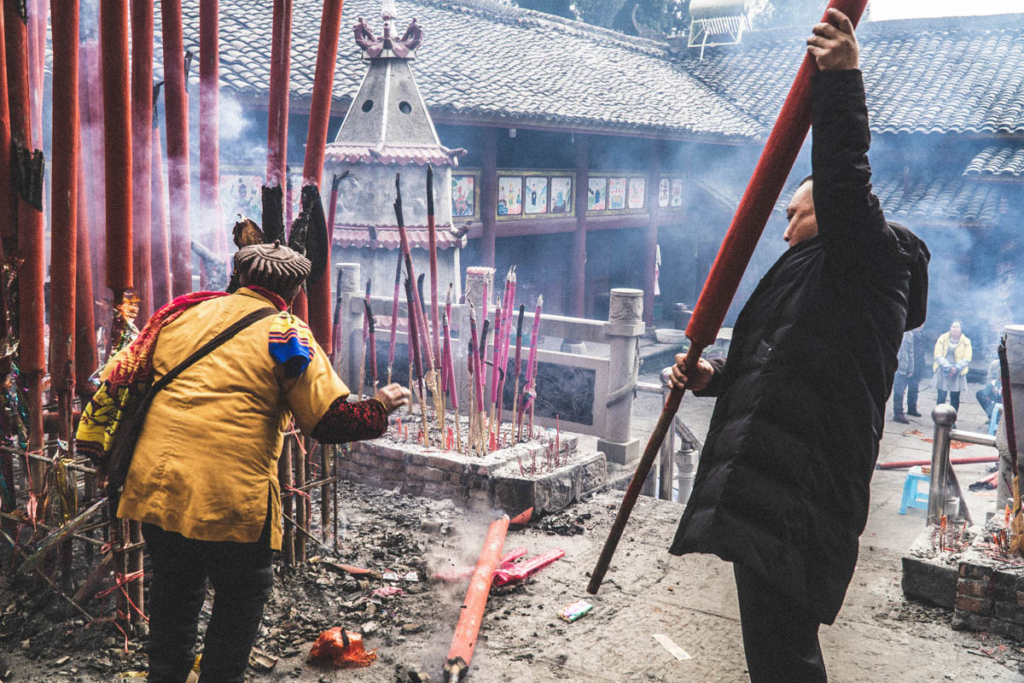
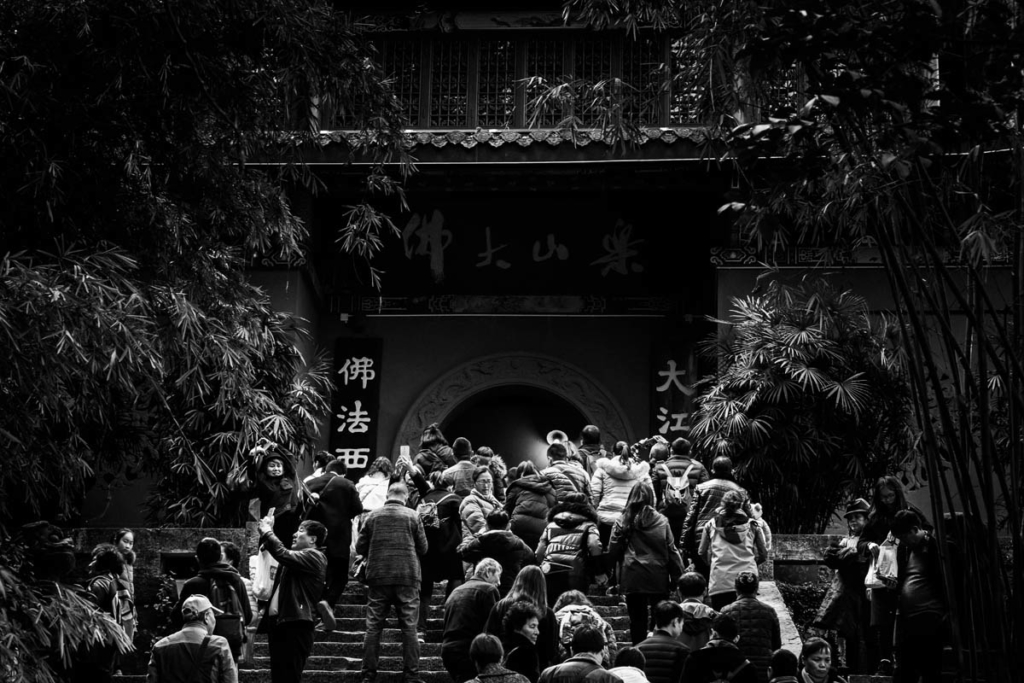
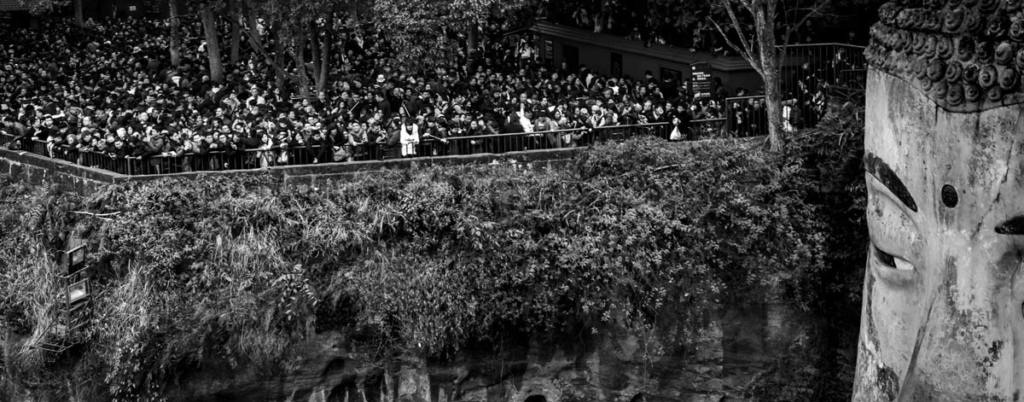
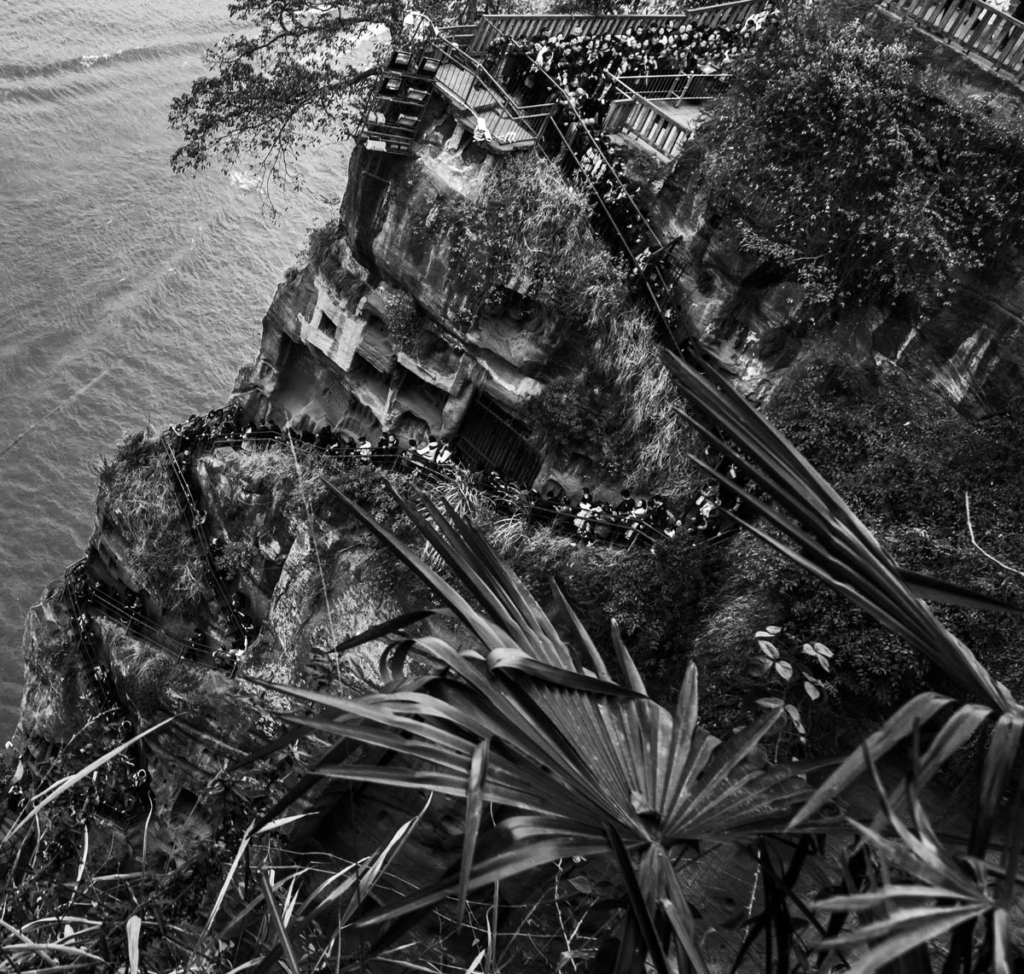
每年的這麽兩個星期,中國成為全世界最繁忙的旅行地。成百上千萬的中國家庭返鄉、敬祖、互贈紅包,用煙花塗抹夜空。每次看到好友在春節期間與家人團聚,我總為之感動。成長過程中從未如此想家,因為我總住在離家不遠的地方。表面看起來中國和美國威斯康辛麥迪遜的家鄉十分不同,然而,我不由得發現發現兩者之間的關聯,一些中國的習俗喚起了我對故鄉的回憶:我思念的大餐、慷慨的禮物,還有我們以前常玩的那些愚蠢的遊戲,總是逗得全家人哈哈大笑。
除了擁有許多傳統習俗,中國的春節總是給那些喜歡冒險的人足夠的假期去新目的地旅行。一次在四川的經歷叫我永生難忘。當時我和朋友 John 在廣元市外的農村度過了一周。在中國的農村旅行每每給人乘時光機回到過去的感覺。黏土和稻草建造的農舍,牛拉著車,看起來精明的男人抽著長煙鬥。作為一個在靠近鄉野地區長大的人,雖然這一切看起來都不太對,但是空氣中卻彌漫著熟悉感。青草、糞肥的氣味,向我微笑的友善臉龐。所有這些叫我回憶起家鄉的生活片段。
在廣元的最後一天,John(一位廣元本地人)買了當地的特色小吃涼面給我送行,我準備去自己在四川的最後一個目的地——樂山。尚未來到中國,我就時常夢想能看一眼樂山這尊 233 英尺高的佛像。到達樂山那一刻很普通,但是抵達樂山大佛的門口的那一刻,卻非同尋常。
我排了兩個小時的隊進場,再排了五個小時才到達大佛腳下。現場混亂異常,遊客像柵欄裏的牛一樣擁擠。我是來參觀樂山大佛的,卻只看到人潮洶湧。仔細端詳大佛的希望破碎了。
然而,手裏拿著相機,我心裏的攝影師對我說,今天的故事並不是關於大佛的。直覺令我將鏡頭從大佛轉到擁擠的人群身上。這片人海中的每一張臉都有獨特的臉部表情、形狀、尺寸,每一個人都與眾不同。美國人總是開玩笑說“所有中國人都長一個樣,”但是當我深深望向這數百雙眼中,我發現事情並不是這樣。回到在上海的公寓,我常常回放在樂山拍的照片。我總是在人群中發現新面孔,以及那些長得像我在中國之旅上結識的人的面孔。
Originally from Wisconsin, USA, Ryan Conohan has been photographing the people and landscapes of China for three years. Growing up he developed a strong curiosity about China and eventually moved to Shanghai. His approach is to go off the beaten path to discover and capture places in China that not many tourists have been to. Ryan often finds familiarities between the Chinese countryside and the rural areas of his home state. He believes that China is a misunderstood country and hopes he can bring distant audiences closer to the human stories of China. His goal is to eventually travel all of China’s provinces and publish a photo-book.
Ryan Conohan來自美國威斯康星州,在中國拍攝地景和人像三年。在成長過程中紅,漸生對中國的強烈好奇,終於搬來上海生活。他喜歡不走尋常路,遠離遊客出沒地帶,探索發現人跡罕至的中國。Ryan經常發現中國的鄉村和美國的農村地區的相似之處。他認為中國是一個被誤解的國家,希望自己可以使觀眾更近距離地觀察中國的人間故事。他的目標是走遍中國所有省市地區,並發表一本攝影集。
